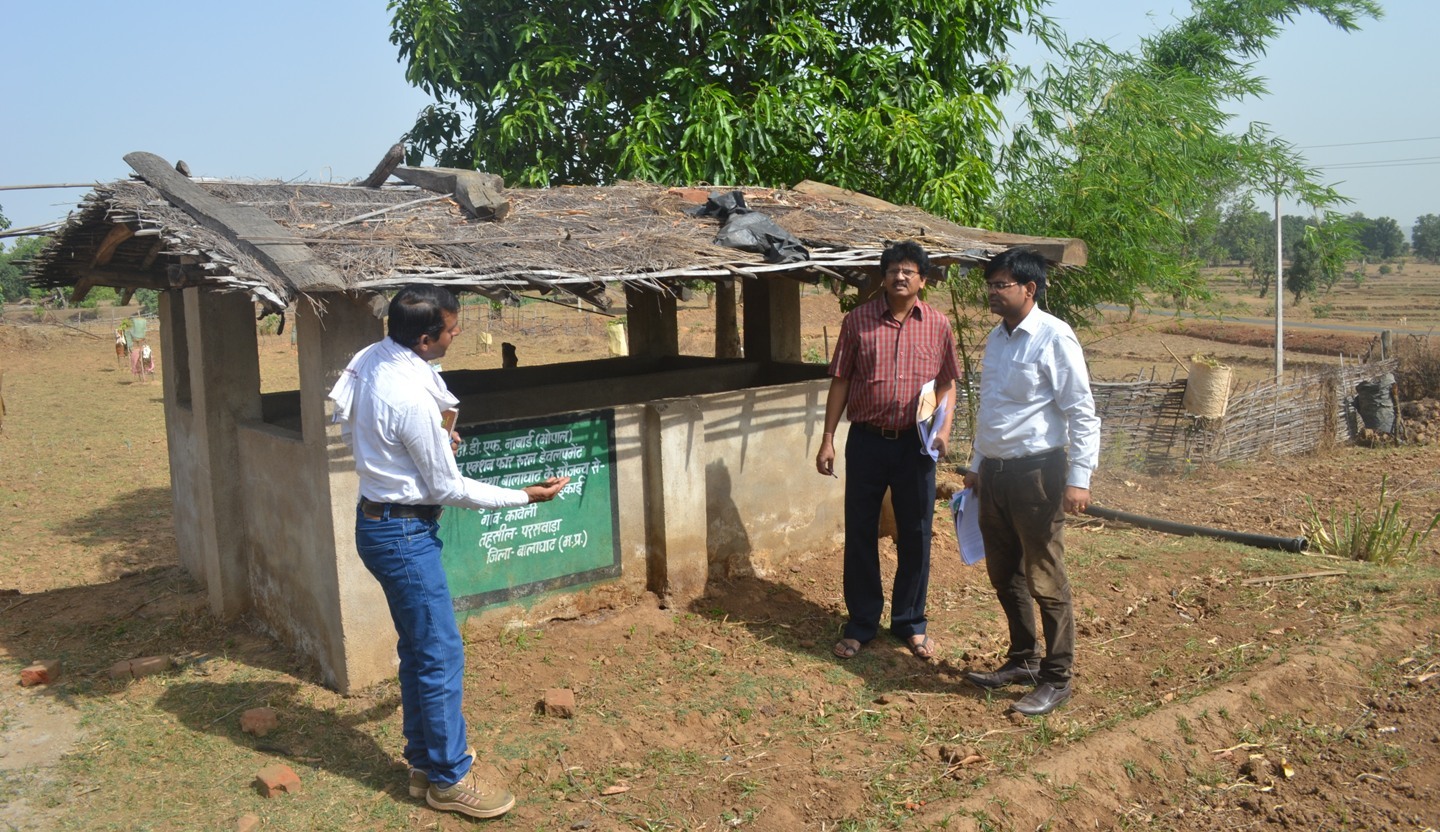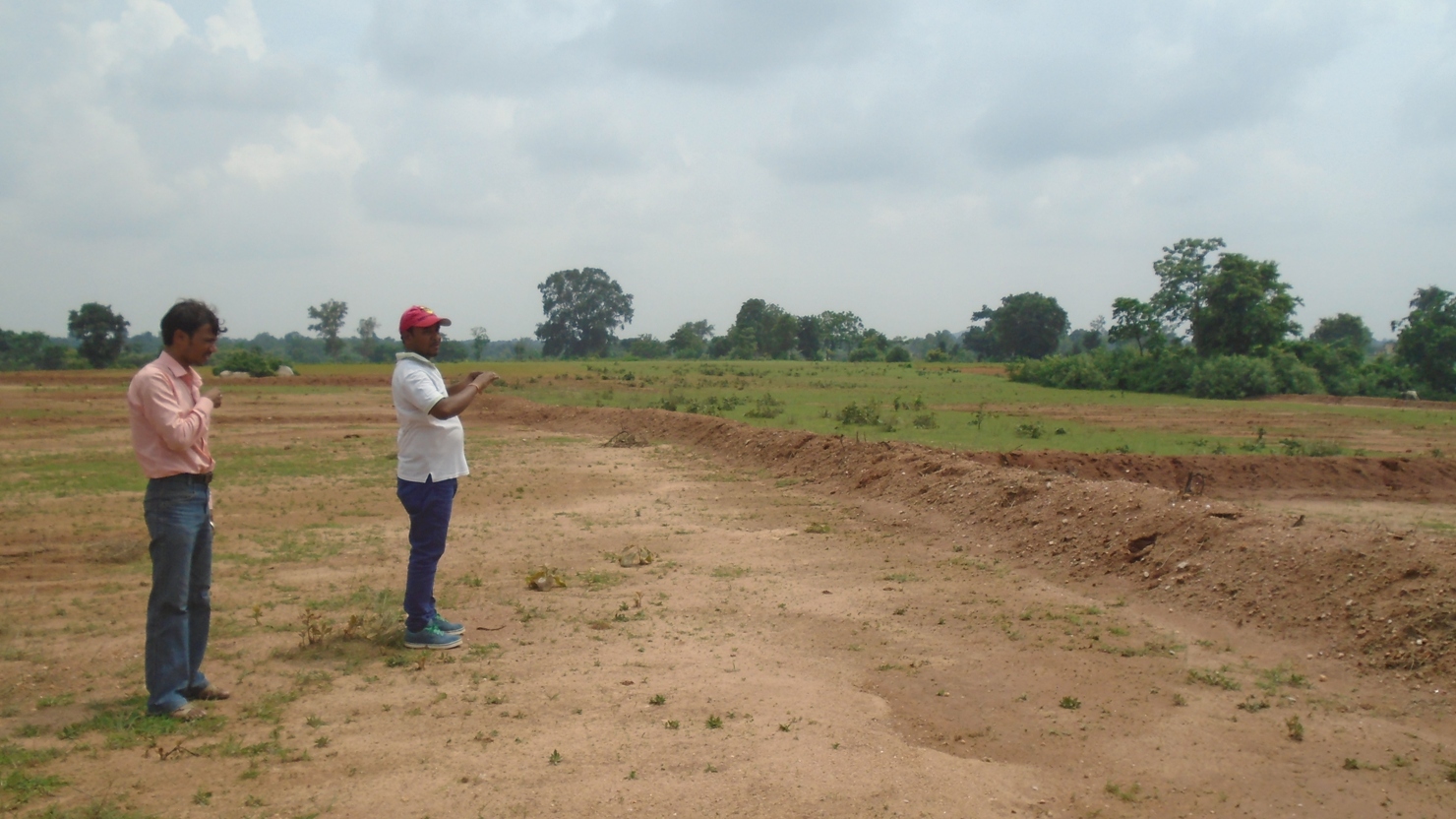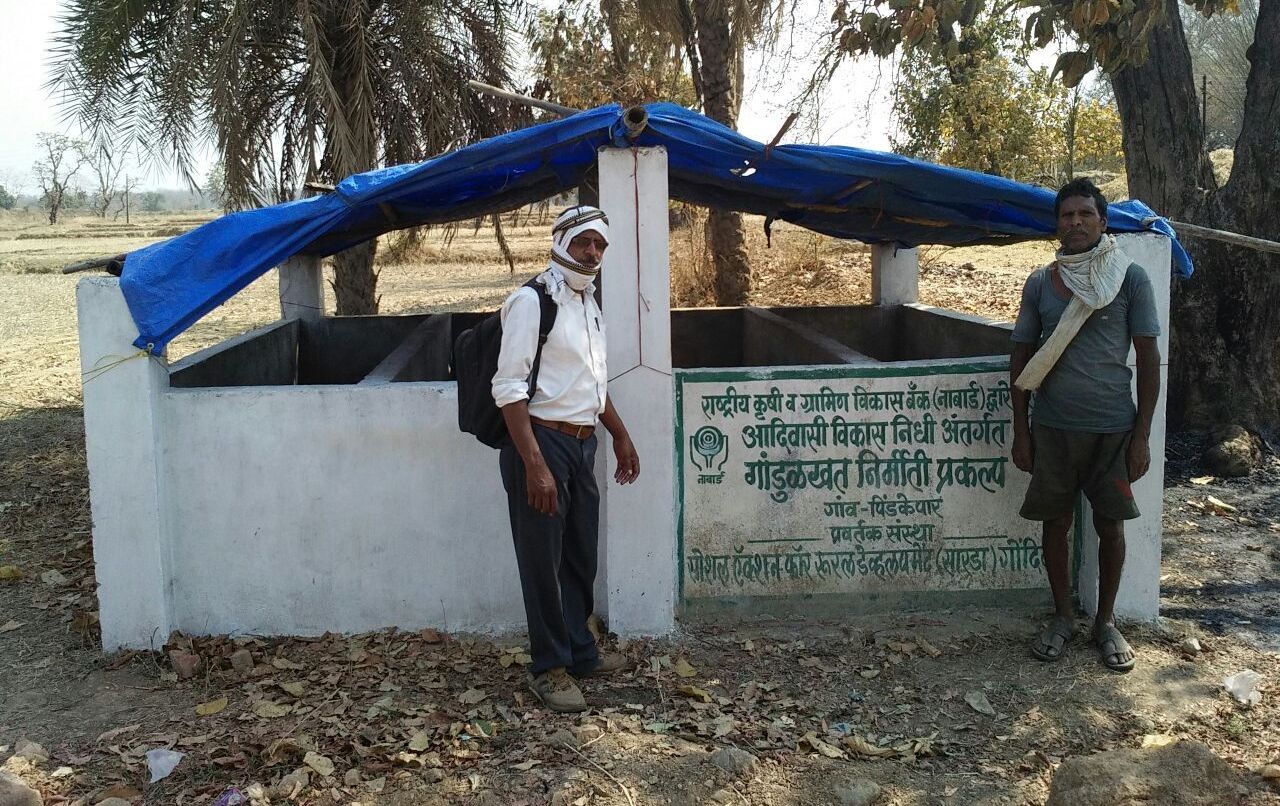The Programme on Integrated Tribal Development Projects (ITDP) under Tribal Sub-Plan (TSP) is being implemtnted since the Fifth Five Year Plan wit specific objectives of reducing poverty, improving educational status an eliminating exploitation of the tribal families. The programme was evaluated by the programme Evaluation Organisation (PEO) in 1996 to assess the effectiveness an pergformance of planning and monitoring arrangements, and impact of the programmes on the well being of the Scheduled Tribes. The report was released in July, 1997.
The fundings of the study indicate that a large majority of the tribal fees that they are better off now in terms of possession of productive and utility assets and access to food, clothing, transport facilities, electricity, schools etc. than they were 10 years ago. Though, the administrative arrangements to execute this programme existed in all the states as per Central guidelines, the system of decentralised planning, implementation and monitoring as envisaged in the guidelines for the scheme were not operational in most of the states. The delivery system of the programme was not effective and a very large number of tribal farmers were found to use irrigation water, High Yielding Variety (HYV) seeds, fertilizers and other inputs form private sources, even though a signigicant proporrtion of funds in being spent on free delivery of such inputs. Inadequate facilities ofr primary education and health were also observed.
In order to improve the situation it has been suggested that ITDP Project Officer should be made more effective in planning and implementation of Tribal Development Programmes. It is also necessary to assess the deprivation of tribal in all the areas of social concern for adoption of an appropriate principle for determining the size of Tribal Sub-plan and allocation of funds across various sectors. This must be backed by a strong monitoring mechanism.
Impact
- 5394 acre of land has been promoted under the WADI program benefitting more than 5550 tribal families.
- 5500 Tribal Marginal farmer have significance increase in their average yearly income of 20000 to 30000.
- Increased multi cropping system followed in the WADI has achieved food & nutritional security for family.
- Increased involvement and active participation of various stakeholders viz development institution, tribals, financial institutions.











.jpg)